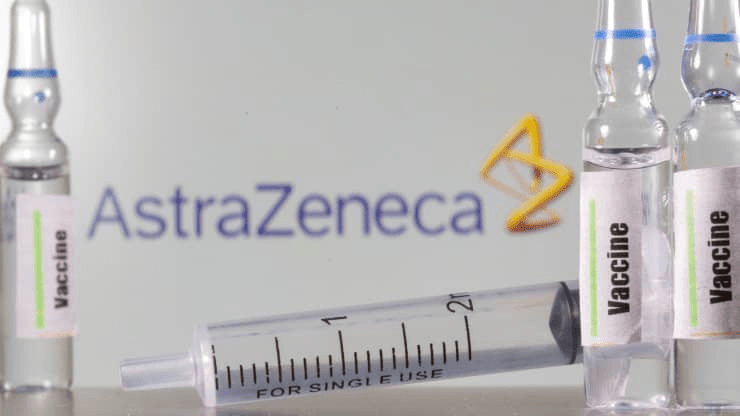Oxford-AstraZeneca Covid vaccine shows an average 70% effectiveness in preventing the virus
November 23, 2020 @ 14:07 +03:00
British pharmaceutical giant AstraZeneca on Monday said an interim analysis of clinical trials showed its coronavirus vaccine has an average efficacy of 70% in protecting against the virus. It comes after a string of encouraging vaccine results in recent weeks, following late-stage trial readouts from Pfizer-BioNTech and Moderna.
Both Pfizer and Moderna reported preliminary results showing that their respective Covid vaccines were around 95% effective. It is hoped a Covid vaccine could help to bring an end to the coronavirus pandemic that has claimed more than 1.3 million lives worldwide. The AstraZeneca vaccine, developed in collaboration with the University of Oxford, was assessed over two different dosing regimens.
One dosing regimen showed an effectiveness of 90% when trial participants received a half dose, followed by a full dose at least one month apart. The other showed 62% efficacy when given as two full doses at least one month apart. The combined analysis from both dosing regimens found average vaccine effectiveness of 70%. No hospitalizations or severe cases of the disease were reported in participants receiving the vaccine. A total of 131 Covid-19 cases were assessed in the interim analysis.
An ‘important milestone’
More than 23,000 volunteers took part in the trials, conducted in the U.K. and Brazil, with more data to be collected from around the world in the coming weeks. AstraZeneca said additional analysis of the vaccine data could alter the results regarding its average efficacy, and help to establish the duration of the protection.
AstraZeneca said it would immediately prepare regulatory submission of the data to health authorities around the world that have a framework in place for conditional or early approval.
Distribution challenges
Huge challenges remain before a vaccine can be rolled out, however. The global battle to secure prospective supplies has raised alarm about equitable access, while questions remain over the logistics of mass production, distribution, and cost.
AstraZeneca says its vaccine can be stored, transported, and handled at normal refrigerated conditions (36-46 degrees Fahrenheit) for at least six months and administered within existing healthcare settings.
It says it is making “rapid progress” in terms of manufacturing with a capacity to produce up to 3 billion doses of the vaccine next year, pending regulatory approval. The company has pledged to distribute the vaccine at no profit “for the duration of the pandemic.”
Comparatively, Moderna has said its vaccine candidate remains stable at the temperature of a standard home refrigerator for up to 30 days. It can also be stored for up to six months at negative 4 degrees Fahrenheit.
In August, the U.S. biotechnology firm said it was charging between $32 and $37 per dose for its vaccine for some customers.
Unlike Moderna’s vaccine, Pfizer and BioNTech’s candidate requires a storage temperature of minus 94 degrees Fahrenheit and requires special storage equipment and transportation. This could make it very difficult for some countries to distribute.
Pfizer is reportedly charging $20 per dose for its vaccine.
Oxford-AstraZeneca Covid vaccine shows an average 70% effectiveness in preventing the virus, CNBC, Nov 23








